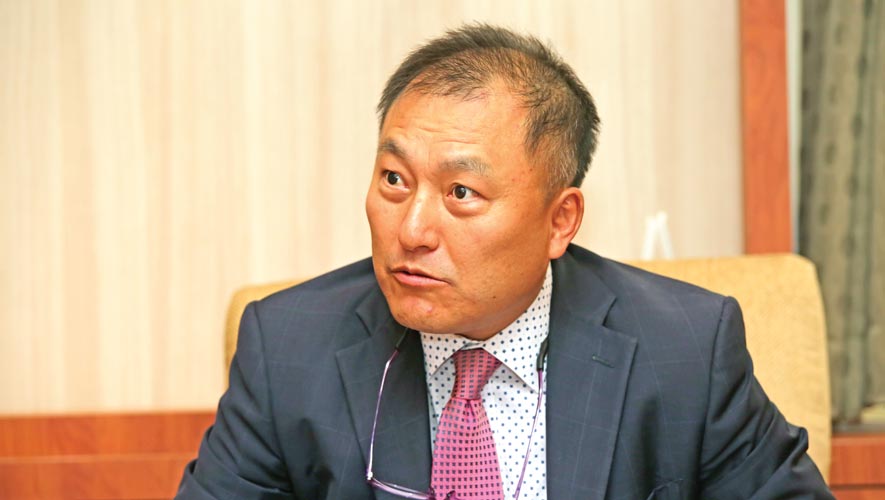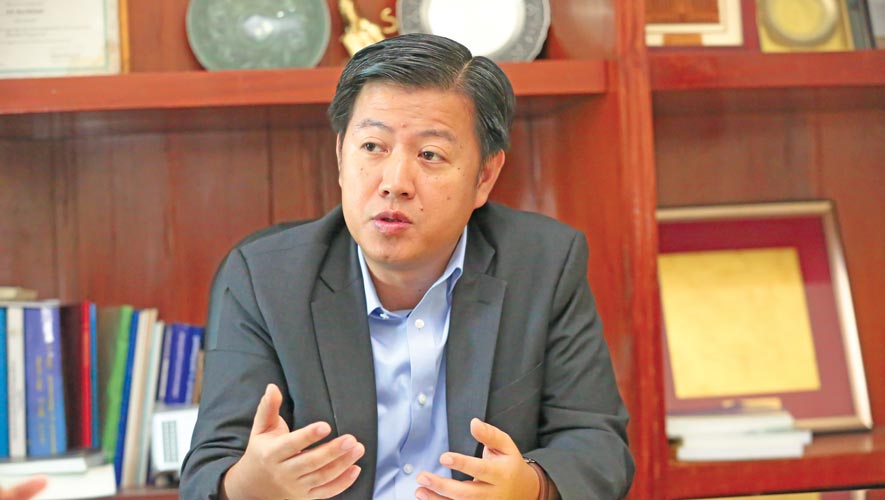Four years on, small and medium enterprises (SMEs) have yet to populate Cambodia Securities Exchange (CSX)’s Growth Board. The bourse has not received any application for listing, to date.
For the latest Cambodian Business news, visit Khmer Times Business
The establishment of the Growth Board was initiated by the government for SMEs as a fundraising option. The requirements for listing state that shareholder’s equity should be more than two billion riel or $500,000. Potential companies need to submit a one-year financial statement, and it should either have a positive net income for the latest year or positive operating cash flow and gross profit margin of 10 percent and/or more.
The Growth Board was introduced in 2015 as SMEs experienced fundraising problems for investment and working capital. Although companies have various funding sources including financial institutions, most are short-term funding which hinders long-term business plans.
Early this year, the government issued a sub-decree that provides 50 percent tax exemption to SMEs if they listed on the Growth Board. It also exempts SMEs from paying withholding and value-added taxes if they launch an initial public offering (IPO) in the next three years.
Westline Education Group Co Ltd president Pech Bolen, who plans to list the entity in three to five years, says there are many government incentives, and benefit from the stock exchange.
But SMEs avoid going public as they do not have proper documentation, and refuse to practice (accounting) transparency, which would be in clear violation of the Securities and Exchange Commission of Cambodia (SECC) regulations, he tells Capital Cambodia.
He reckons that it would take five to 10 years for SMEs to become part of the listed community. “As for us, we hope to first develop our business strategy. We want to prepare our business, internal structure, and build the primary market. For now, we can safely say that we are up to date with our taxes, and abide by laws, and ensure good accounting practices,” Bolen adds.
According to the 2014 Cambodian Inter-Censal Economic Survey, total businesses in Cambodia as of March 2014 was 513,759, where 97 percent are micro establishments with less than 10 employees. From that, the Ministry of Industry has registered 30 percent or 156,853 SMEs with a combined capital of $4.8 billion.

CSX
Chief Operating Officer
“Despite the number of SMEs in Cambodia, there has yet to be any listing on the Growth Board. We regret this. However, we hope at least one company will be listed by the end of the year,” says Ha Jong Weon, chief operating officer of CSX.
He adds that a majority of SMEs are not fully aware of CSX, resulting in long preparation periods for qualification in CSX. “We find that there are potential companies in Cambodia which could qualify but they do not understand the advantage of the capital market. So it takes a long time for them to understand. On top of that, SMEs are (mostly) family-owned who refuse to list as they do not want to reveal their accounts,” Ha says.
SECC deputy director-general Sok Dara says his commission is eager to support SMEs to enhance their readiness to list. The regulator set up an excellence program to guide SMEs through seminars that talk about good governance, law and regulations.
SECC has selected 18 potential companies that qualify for listing on the stock market. Out of that, eight companies have submitted letters of interest to list on CSX.
The companies, which are involved in education, construction and service sectors, are in the process of consultation, and are working with IPO teams including underwriters, lawyers and audit firms.
“It is a good sign (when) companies (start to) work with underwriters. It is a first step as companies get auditors to check their documents in preparation of listing,” Dara says.
For now, it is difficult to speculate over their debut on the bourse but “in any case, we see good progress,” Dara says.




